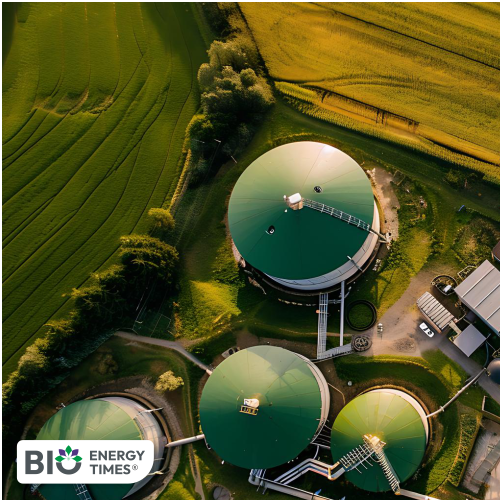India is making notable strides in its bioethanol production and is on track to achieve the government’s target of 20% ethanol blending with petrol. However, the country now needs to intensify efforts to scale up the adoption of bio-compressed natural gas (bio-CNG), according to a recent report by S&P Global.
The report commended the progress in bioethanol, crediting policy support and industry participation for driving increased production and usage. It noted that the 20% blending target, aimed at reducing fossil fuel reliance and emissions, is within reach.
However, the report also flagged that bio-CNG—another critical renewable fuel—has not seen comparable momentum. It highlighted persistent challenges in infrastructure, supply chain development, and adoption, particularly in the transport sector, where bio-CNG could have substantial impact.
“To realise the full potential of bio-CNG, India needs a structured policy framework, improved logistics, and greater investment,” the report stated.
The expansion of India’s biofuel sector is central to its broader energy transition goals. With rising environmental concerns and a heavy dependence on imported fuels, the government is promoting a diversified energy mix that includes electric vehicles, hybrids, and biofuels like ethanol and bio-CNG.
Given that the transport sector remains one of the largest sources of greenhouse gas emissions—and is highly reliant on oil and gas imports—the role of biofuels is considered vital in cutting emissions quickly and enhancing energy security. Currently, India imports nearly 88% of its crude oil and around half of its natural gas requirements.
Automotive manufacturers are also contributing to this transition by developing engines and technologies compatible with biofuels.
S&P Global concluded that while India’s ethanol journey has been encouraging, a concerted policy and investment drive is now essential to unlock the untapped potential of bio-CNG and integrate it meaningfully into the country’s energy and transport ecosystems.















